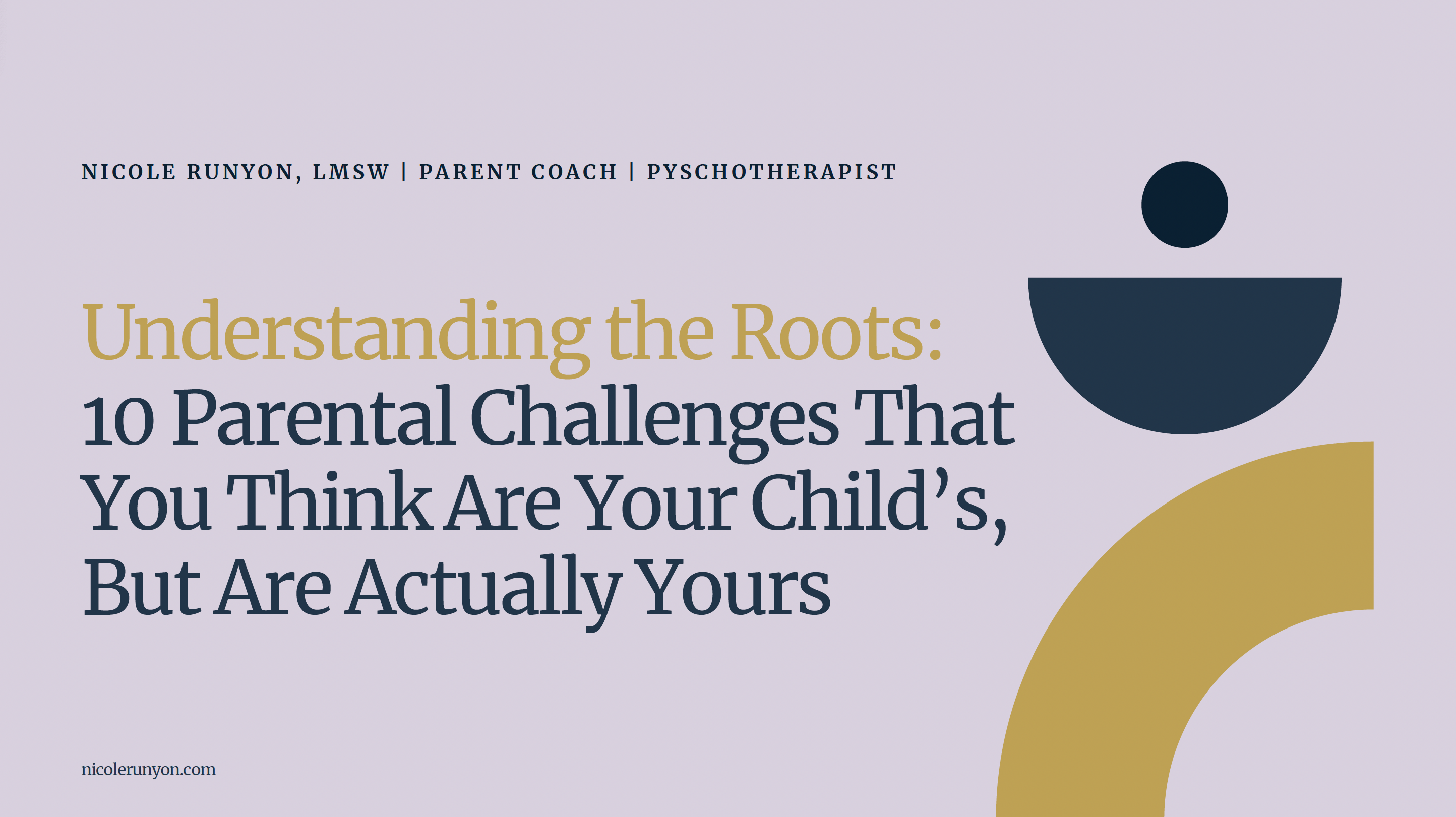Child development occurs in stages. Each stage has several steps, building on the one before it to finish the stage and be ready for the next one. This begins at age 0 and really doesn’t ever end, though the brain is fully developed at the age of 25.
The way a child develops is a natural process that should be nurtured. If development is disrupted and the stages do not go well, the child is likely to develop mental health issues such as ADD/ADHD, anxiety, depression, and issues adjusting to adulthood. We have seen this among the generation dubbed screenagers or the iGeneration due to technology infiltrating every aspect of their lives. From their education to the way they socialize and interact with each other, technology has shaped the lives of this generation and their mental health is declining at epidemic levels. Technology, which encompasses social media, video games, educational apps, tablets, smartphones, YouTube, and the like, are causing a disruption in child development from young toddlers to older teens and young adults.
Development from ages 0-3
From 0-18 months, babies are in the attachment phase of their development. They communicate their needs through cries and body language, and it is the caregiver’s role to respond to those cues and meet their needs so that the baby attaches and builds a sense of trust in the caregiver. If a screen interrupts this process because either the baby is given something to watch, or the caregiver is on a device, attachment gets interrupted. Attachment is paramount for brain growth and building a sense of foundation of trust wiring the child for how they will trust the outside world. From 18 months-3 children are learning to exert their will and authority. This is when they begin to say no. This is important for them to learn the caregivers’ boundaries in order to develop their own.
Development from ages 3-5
The next stage of development occurs between 3-5, typically, when kids enter preschool. This is the first time they experience the outside world without their caregivers. If the first stage of life went well, there is a foundation, and they would have built the trust to be away from home. This sets it up for the child to build their autonomy and independence. If a child is distracted by a screen during this time, they become unable to go through the necessary discomfort of learning to trust themselves.
Development beyond age 5
School-aged kids 5-12 developmentally are building their confidence. Once the child is past the stage in which they assert their will, they are more ready for the independence of school and all the expectations that come with it. This stage then builds on identity development from 12-18. Followed by 18-25, solidifying their identity, who they are for the adult world.
Does screen time affect development?
The children of today are being given devices and screen time well before they are developmentally ready, and this causes maladaptive features, such as a lack of confidence, independence, agency, and a sense of control over themselves.

